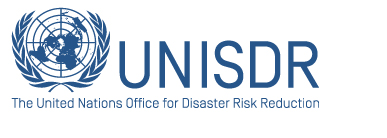Margareta Wahlström, Head of the UN Office for Disaster Risk Reduction, said: “The contribution of Latin America and the Caribbean to the post-2015 global framework for disaster risk reduction will be particularly important for how we tackle risk in urban areas this century as over 70% of the population lives in towns and cities. The region is challenged by economic development, population growth and pressure to take short cuts on infrastructure, land use and building in safe locations.
“A key goal for the region is to reduce economic losses from disasters which have escalated in recent years. An important aspect of this week will be to learn from sharing experiences of implementing the Hyogo Framework for Action. We know that some countries in the region are doing well and can be role models for others to follow. I would also like to give special attention to the Caribbean island states and the disproportionate impact which disasters have on their economies and social development and bearing in mind this year’s UN Conference on Small Island Developing States.”
The Platform will feature a number of special events. These include a session with the World Bank featuring case studies from Mexico and Guatemala on reconstruction. The Inter-American Development Bank is assisting with a session on public investment with case studies from Colombia, Costa Rica, Guatemala, Mexico, Panama and Peru. There will also be a session on integrating climate change adaptation and disaster risk reduction led by regional experts in sustainable development.
The Fourth Session of the Regional Platform for Disaster Risk Reduction of the Americas (#RP14) will be broadcast live through the #RP14 website.
****
About UNISDR: UNISDR is the UN office dedicated to disaster risk reduction. It is led by the Special Representative of the Secretary-General for Disaster Risk Reduction and supports implementation of the Hyogo Framework for Action 2005-2015: Building the Resilience of Nations and Communities to Disasters which seeks “the substantial reduction of disaster losses, in lives and in the social, economic and environmental assets of communities and countries.”




